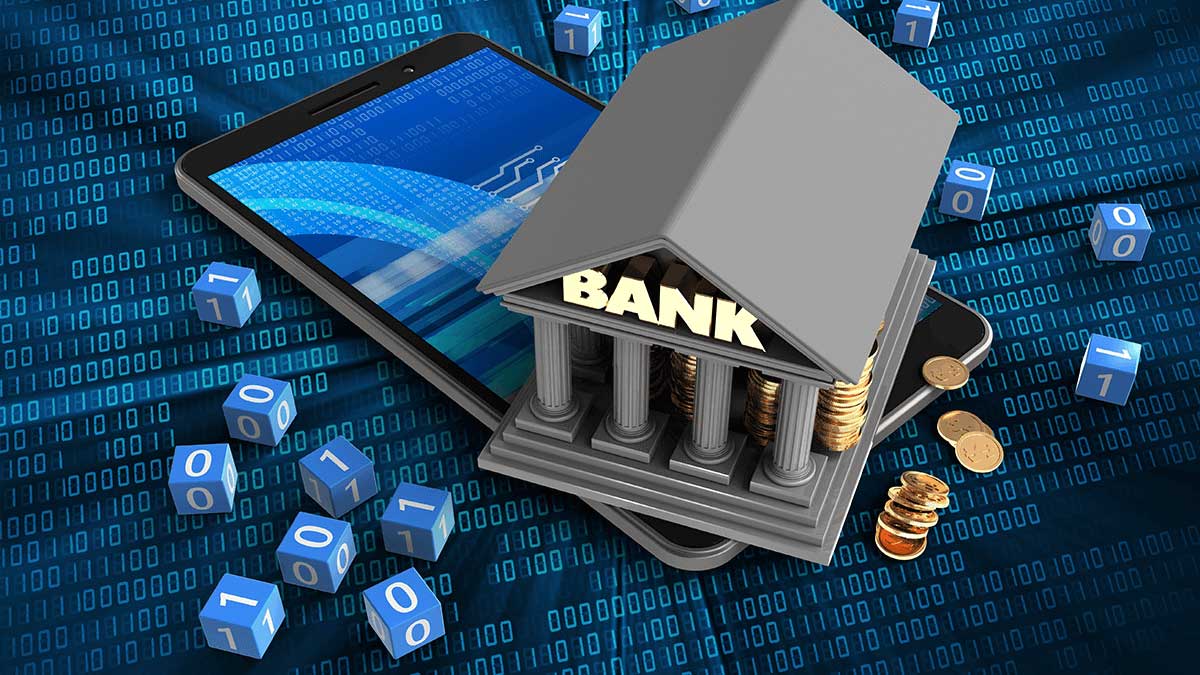
Competition within Africa’s digital banking is growing wild with two challenger banks making their mark – TymeBank and Kuda.
TymeBank
TymeBank is the biggest digital bank in Africa by funding, having raised about US$169 million (according to Crunchbase). Of this, around US$109 million came from a funding round that took place earlier this year. TymeBank holds a commercial banking license. The company, part of Singapore-headquartered Tyme group, is on the map for being one of the fastest growing digital banks not just in Africa, but worldwide. With an average of 110,000 new customers every month, the digital bank has plans to reach 4 million customers by 2022.
Kuda
Alongside TymeBank, Nigeria’s Kuda has also gathered attention as a key competitor in this space. The digital bank’s capital pool is nearing the US$100 million mark (Crunchbase), with US$80 million of this raised just this year.
These two are clear frontrunners for digital banking in Africa right now. At the same time, several other players (some new) have also emerged in this space, creating more buzz for digital banks in Africa which are mainly centred in Nigeria, Egypt and South Africa, refered to as the three hotspots for Africa’s fintech innovation.
Sparkle
Sparkle is also a Nigeria-based digital bank. which holds a micro finance bank license from the Central Bank of Nigeria. It recently raised US$3.1 million in a seed round just this month. The digital bank, founded by a former banking CEO, provides is aimed at users looking for a savings account that integrates with lifestyle banking. It also comes with expense analytics, P2P payments, bill payments, and physical as well as virtual cards. Sparkle also launched a B2B vertical, Sparkle Business, with SME banking features such as inventory and invoice management, tax advisory, and employee management.
Prospa
Prospa is an SME banking startup based out of Nigeria. The company recently raised US$3.8 million in an oversubscribed pre-seed round in September this year. The Y Combinator-backed startup reported a month-on-month growth of 35% in users at the time of the raise. Prospa’s SME banking solution goes beyond just digital banking, providing tools connected to invoicing, inventory management, employee and vendor management, payroll, and e-commerce as well. “We see our product as 10% banking and 90% software,” co-founder and CEO Frederik Obasi said in an earlier interview.
FairMoney
FairMoney is a digital bank in Nigeria with a credit-based model. The 2017-founded startup holds a micro finance bank license from the Central Bank of Nigeria, and is also available in India. It recently raised US$42 million in a Series B round “to become the financial hub for its users.” FairMoney users can access loans of up to NGR 1 million. The digital bank started as an online lender offering instant loans and bill payments in Nigeria, and also provides a bank account with free transfers, and a debit card as well. Users can receive loans in under five minutes. In 2020, FairMoney disbursed loans worth US$93 million to over 1.3 million users through 6.5+ million loan applications.
Bank Zero
Bank Zero is a digital bank in South Africa for both individuals and businesses. It holds a mutual banking license. Founded in 2016, Bank Zero is focused both on consumer and B2B banking. The bank recently launched a complete roll out, and is known to charge no banking fees (hence the name), including on electronic fund transfers or debit orders. It also comes with a youth banking option. What Bank Zero customers do end up paying on is third party costs and value added services, and that’s where the company monetises. Its fee structure, include free banking services, is applicable equally to both individuals and businesses
Bettr Finance
Bettr is a South African digital bank. As of late last year, the app was in the final stages of its beta testing, and was looking forward to a Q1 2021 launch. As of now, its WhatsApp sign up list is still on the website. Bettr is backed entirely by its founders and angels. Founded over four years ago, the bank is aimed at Gen Z and millennials. Its key offerings are a digital banking app focused on savings, and a virtual card. Beyond that, Bettr will also offer an online marketplace for consumer-focused financial products and services. It is also venturing into virtual reality gaming, although it is unclear thus far what the startup’s offering in this space will be.
Telda
Founded this year, Telda raised US$5 million from Sequoia just a month after being launched. The fully branchless Egypt-based digital bank has a focus on peer-to-peer payments, and is aimed at millennials and Gen Z. The digital bank claims to be the first one to have received a license under new regulations issued by the Central Bank of Egypt for the issuance of cards and onboarding customers digitally. Telda is the first venture investment by Sequoia, who were also seed investors in Nubank, not just in the GCC but across the MENA region.
dopay
London-based payments platform dopay recently acquired a banking agent license to operate its B2B virtual banking platform in Egypt. The license was secured from Bank ABC Egypt. With it, dopay will be able to offer its payment and banking platform for SMEs and corporates in the country. dopay is targeted at unbanked workers, including employees and freelancers. Employers can open dopay accounts for their workers with just their name, mobile number and a copy of their ID (which can also be uploaded by workers themselves). The platform is built for both smaller companies, with less than 50 members, to enterprises with over 200 team members.
